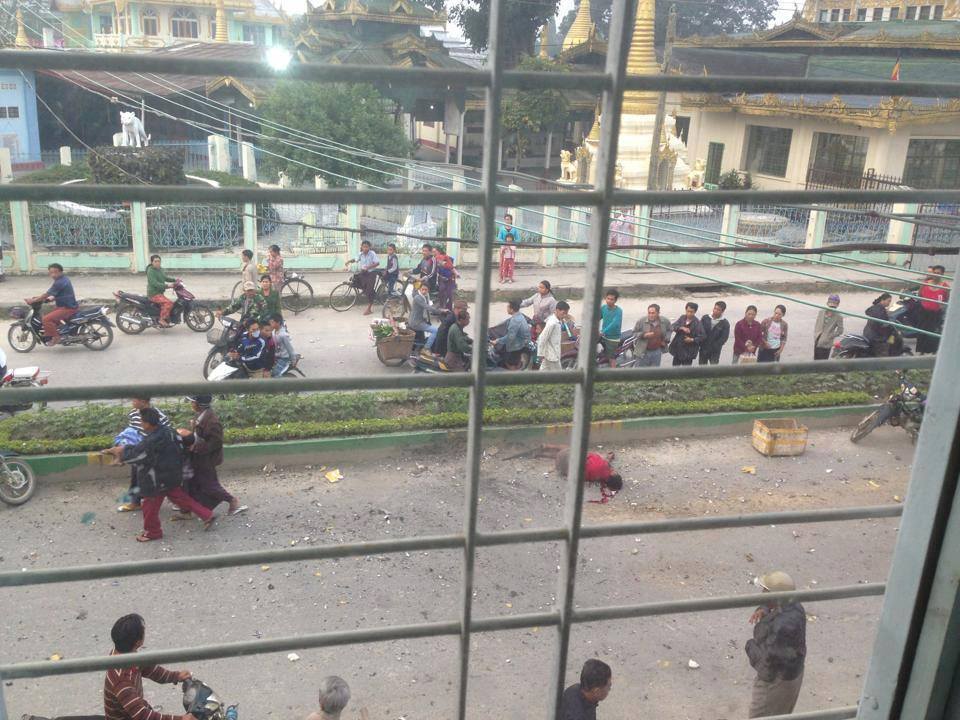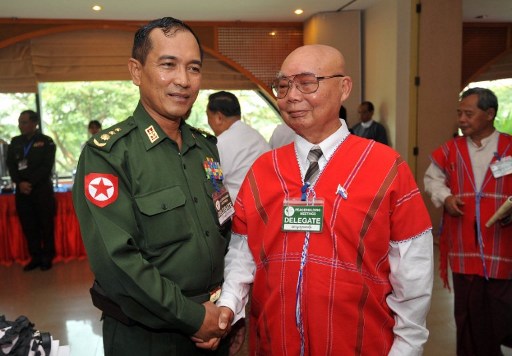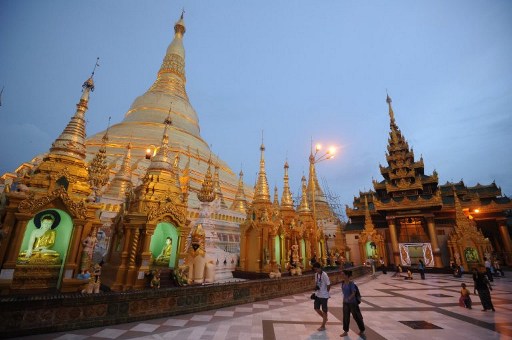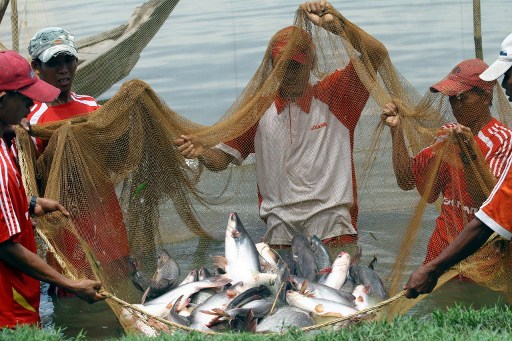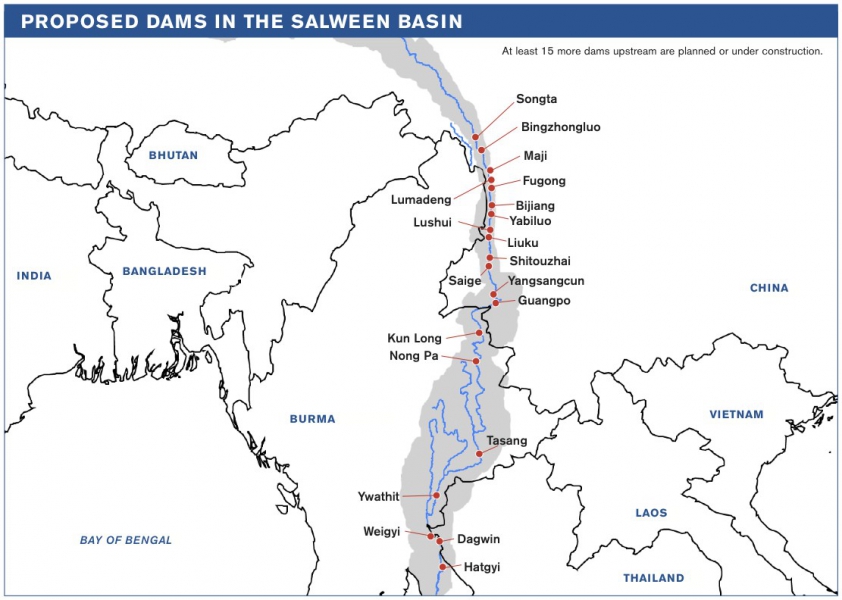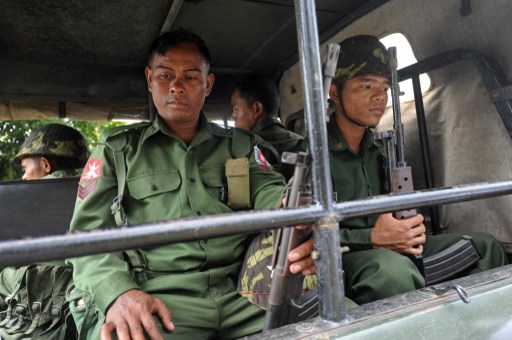Environmental activists on Tuesday called on Thailand to suspend two controversial dam projects in Burma’s conflict-torn border regions until the country’s ethnic conflicts are resolved.
A coalition of ethnic groups gathered in Bangkok to warn the Thai government, which is the second largest investor in Burma after China, that new large-scale development projects are likely to fuel conflict and human rights abuses at a precarious time in the peace process.
“We are calling to suspend large investment projects, such as dam constructions and mining operations, to help the peace process,” Sai Khur Hseng of the Shan Sapawa Environmental Organisation told DVB.
“Otherwise it will lead to [stakeholders] prioritising discussions on matters relating to these projects, creating more arguments and thus violence.”
Earlier this year, Naypyidaw gave the formal go-ahead to six new dam projects on the SalweenRiver, which flows from China’s Yunnan province to southern Burma’s Mon state, lacerating ethnic territories on the way. Two of them, Mai Tong in southern Shan state and the controversial Hatgyi dam in Karen state will export electricity to Thailand.
The Hatgyi dam was temporarily suspended after repeated clashes with the Karen National Union (KNU), a long-time opponent of the project, in nearby territories.
Earlier this month, the Thai government pressured Burma to speed up construction on the US$12-billion Mai Tong project in order to secure 10,000 megawatts of electricity for the Kingdom. Development on the project, previously known as the Tasang dam, has stalled since 2007 amid escalating fighting with Shan rebels, but was recently re-opened under a new name.
[related]
According to the NGO Salween Watch, the Mai Tong project, which at 228 metres will be the tallest dam in Southeast Asia, will submerge 900 square kilometres of land, including the homes and farmlands of over 12,000 people.
Activists say the Burmese army has boosted its troop numbers in areas near Thai-owned dam projects, despite reaching ceasefire agreements with armed groups in several ethnic regions.
“Disputes over natural resources are a key driver of ethnic conflict in Burma, but Thailand is rushing to buy our river before this issue has even been brought to the negotiation table. This will only stoke further war,” said Nang Kham Leng of the Love Salween Group.
“If the Salween dams go ahead, not only will refugees not be able to go back home, but more refugees will be fleeing to Thailand,” she said.
President Thein Sein has been credited with introducing democratic reforms in Burma and signing tentative peace deals with 10 out of 11 major armed ethnic groups, but fighting continues in many border regions. The army’s exploitation of natural resource wealth in ethnic minority territories has fuelled conflict and distrust for decades.
In late April, government forces ordered another Karen militia, the Democratic Karen Benevolent (formerly Buddhist) Army, to evacuate an area near the Hatgyi dam or risk a fresh bout of clashes. Similar orders were reportedly also issued near a Chinese-backed hydro-power project in territory held by the Shan State Army west of the Salween River.


